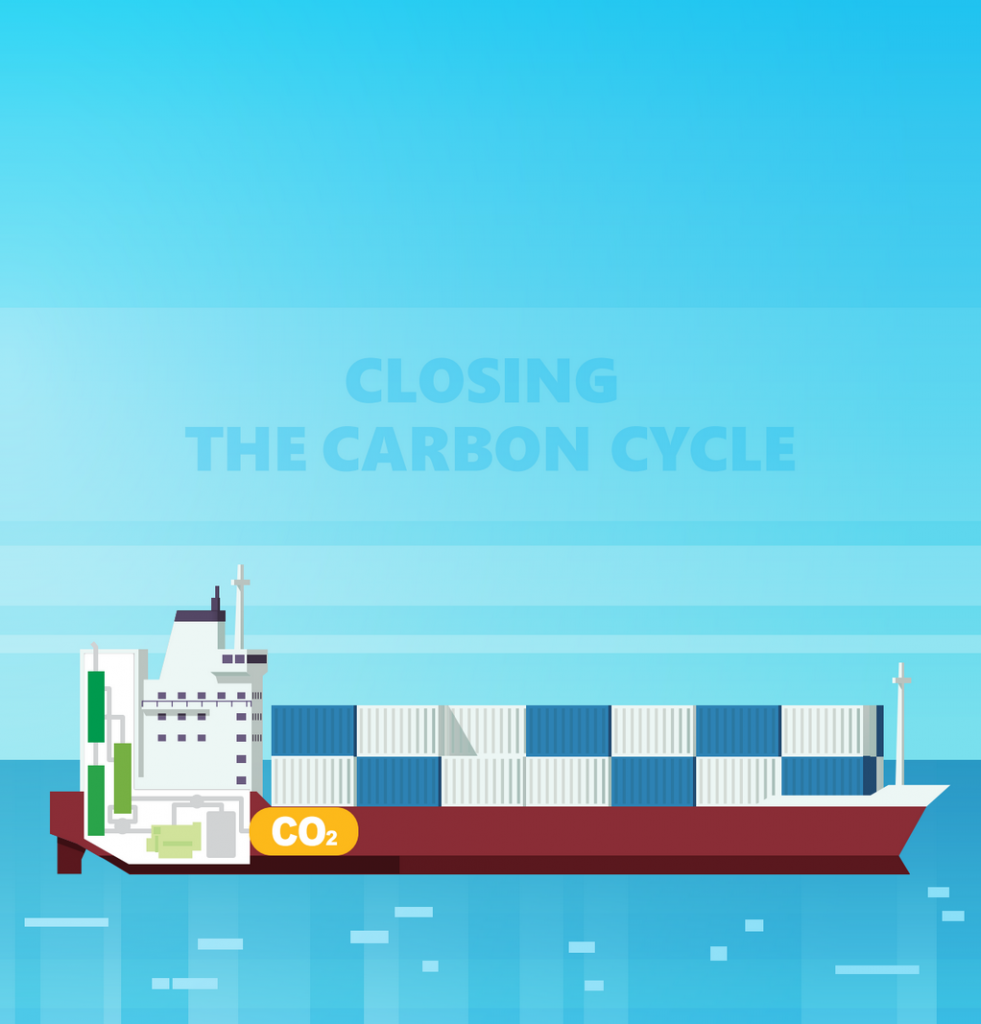ClassNK has released the “ClassNK Alternative Fuels Insight” report, which summarizes the characteristics and latest trends of alternative fuels to support future fuel selection.
For reducing GHG emissions from ships, alongside energy efficiency improvements, the adoption of alternative fuels with lower environmental impacts will become essential in the future. However, given the wide range of alternative fuels available for ships, it is necessary to understand not only the technical aspects but also the trends, including fuel availability and cost forecasts, to make appropriate fuel selections, ClassNK notes.
The “ClassNK Alternative Fuels Insight” offers a detailed look at regulatory frameworks, particularly focusing on GHG-related regulations set forth by the IMO and EU. These regulations are anticipated to wield significant influence over the future trajectory of maritime transport.
Furthermore, it provides an overview of adoption trends in alternative fuels, highlighting their increasing utilization across diverse ship types and sizes. This section offers valuable insights into the evolving landscape of maritime fuel choices.
The report also outlines the distinct characteristics of each alternative fuel option while also addressing factors such as costs, supply prospects, and other relevant considerations. Finally, it elucidates the intricacies of costs associated with fuel transitions.
Tags: Alternative Fuels, ClassNK, Future Fuel



Recent Posts
FRV Partners with Envision Energy on Green Ammonia Project in Brazil
Hamburg Trials HVO 100 Biofuel for Port Fleet as Interim Decarbonization Measure
CUMTA considers water metro linking ECR and Napier bridge
BSM unveils methanol bunkering simulator to equip seafarers for greener shipping
DPA commissions India’s first Make-In-India green hydrogen plant at Kandla
Port of Tauranga to Trial New Zealand’s First Fully Electric Straddle Carrier
OceanScore Crosses 2,300-Vessel Mark as Demand for Compliance Solutions Grows
HD Hyundai and H-Line Shipping Collaborate on AI-Powered Autonomous and Eco-Friendly Vessel Technologies